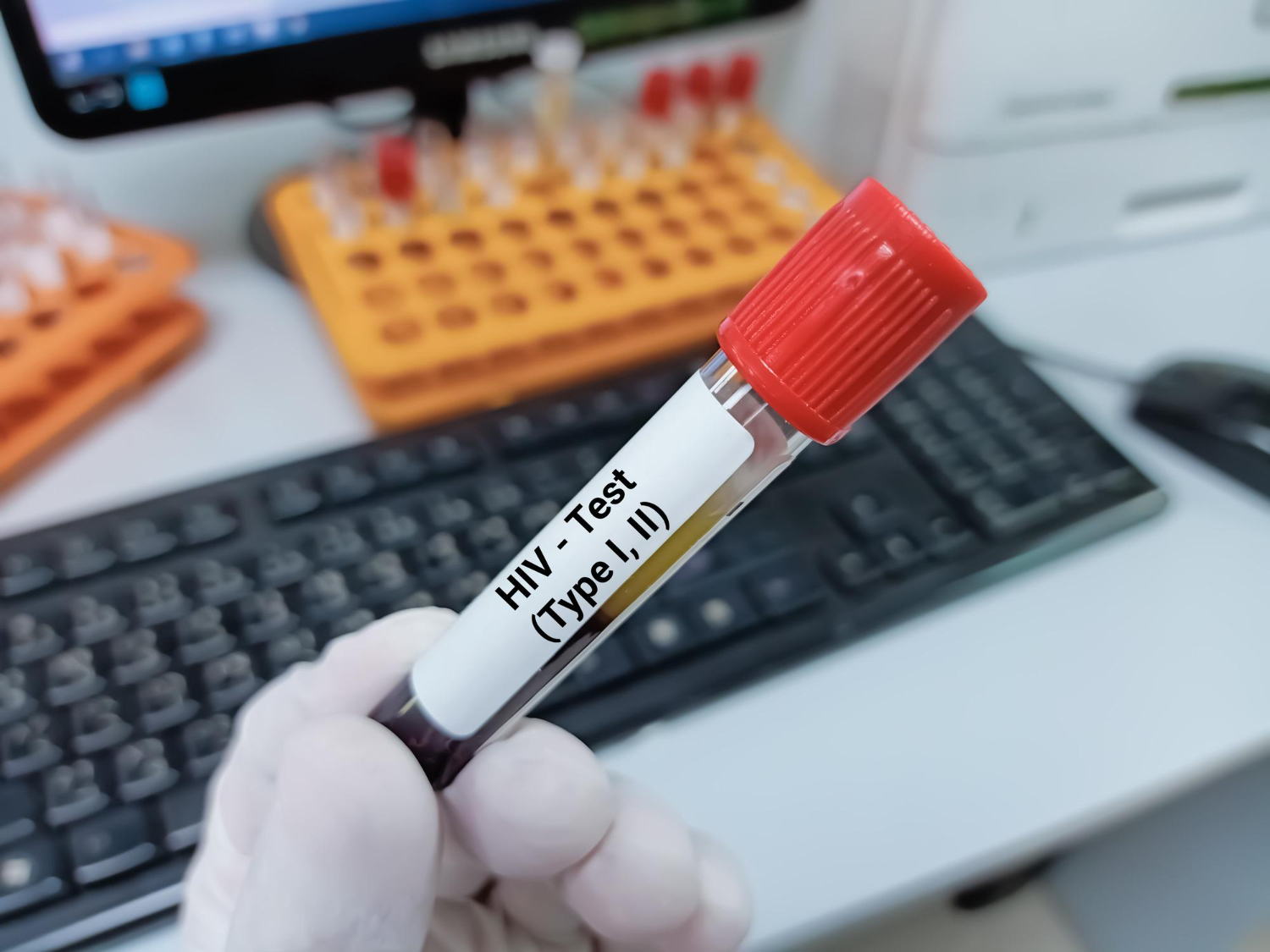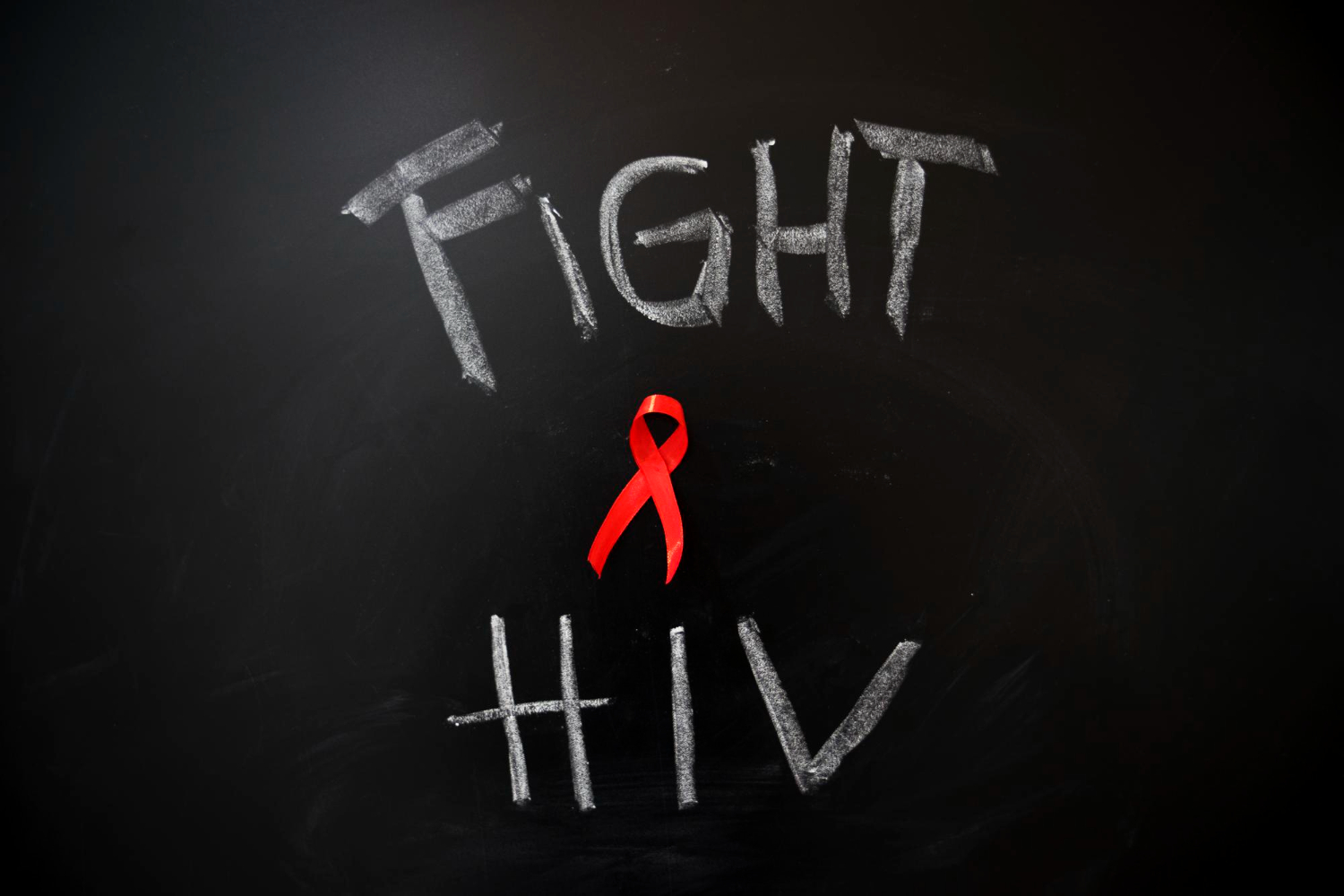At Arnot Health, we are dedicated to fostering a healthier community by providing compassionate and comprehensive care to individuals affected by HIV.
In line with our mission, we proudly observe Zero HIV Stigma Day, an initiative aimed at reducing HIV stigma. This day is vital for raising awareness, promoting education, and fostering a supportive environment for those living with HIV. By breaking down barriers and encouraging open dialogue, we strive to create a community where everyone can access the care they need without fear of discrimination.
What is Zero HIV Stigma Day?
Zero HIV Stigma Day is an annual observance dedicated to eliminating the stigma and discrimination associated with HIV. It was established to raise awareness about the negative impact that stigma has on individuals living with HIV, as well as to promote a more inclusive, supportive society.
The observance aims to educate the public, challenge misconceptions, and encourage open conversations about HIV. By doing so, it seeks to create an environment where individuals feel safe to seek testing, treatment, or support without fear of judgment.
Why HIV Stigma Needs to be Addressed
Despite significant advancements in HIV treatment and prevention, stigma remains a pervasive issue that affects the lives of many individuals. Stigma manifests in various forms, including social ostracism, discrimination in healthcare settings, and internalized shame.
These negative behaviors often deter people from getting tested, accessing care, and adhering to treatment, ultimately impacting their health and well-being.
Zero HIV Stigma Day serves as a reminder of the ongoing need to combat stigma and create a more compassionate, understanding community. We can all contribute to a world where HIV is no longer a source of fear or discrimination, but a condition that is managed with empathy.
The Impact of HIV Stigma
HIV stigmatization refers to the negative attitudes, beliefs, and feelings directed towards individuals living with HIV. This stigma often stems from misconceptions about how HIV is transmitted, moral judgments, and a general lack of awareness about the condition.
HIV discrimination (serophobia) involves actions or behaviors that treat people living with HIV (PLHIV) unfairly or unjustly based on their status. This can occur in various settings, including healthcare, employment, or everyday social interactions.
How Stigma Affects Individuals Living with HIV
Emotionally, stigma might lead to feelings of shame, guilt, and isolation, which can contribute to mental health issues such as depression or anxiety. Socially, individuals may face ostracism from family, friends, and community members, leading to a lack of support systems that are crucial for managing the disease.
In healthcare settings, stigma can result in substandard care or reluctance to seek medical help; diagnosis and treatment are sometimes delayed, which further exacerbates health complications.
Societal Impacts of HIV Stigma
Of course, the repercussions of HIV stigma extend far beyond the individuals directly affected. Stigma perpetuates misinformation and fear, hindering public health efforts to educate communities about HIV prevention. This can translate to lower rates of HIV testing and a reluctance to engage in preventive measures such as PrEP (Pre-exposure Prophylaxis) and PEP (Post-exposure Prophylaxis).
Stigma also puts a strain on healthcare systems by creating barriers to care, resulting in higher healthcare costs due to the need for more intensive treatment of advanced HIV cases.
Current Outlook for People Living with HIV

HIV treatment has seen remarkable advancements in recent years, transforming what was once considered a fatal diagnosis into a manageable chronic condition. Antiretroviral therapy (ART) has been the cornerstone of HIV treatment, and recent developments have made these therapies more effective while being less prone to side effects.
Innovations such as single-pill regimens, long-acting injectables, and advancements in PrEP have significantly improved the management of HIV. These treatments work by suppressing the viral load to undetectable levels, which not only helps in maintaining the health of the individual but also prevents the transmission of the virus to others.
Improved Life Expectancy and Quality of Life
Thanks to these medical advancements, the life expectancy of individuals living with HIV has increased dramatically. With consistent and effective treatment, people with HIV can now expect to live nearly as long as those without the virus.
Modern ART regimens are designed to be less toxic and more tolerable, reducing the risk of long-term side effects and allowing individuals to lead active, fulfilling lives. Additionally, comprehensive care that includes mental health support, nutritional counseling, and social services further enhances the overall well-being of those living with HIV.
The Importance of Early Detection and Consistent Treatment
Diagnosing HIV at an early stage allows individuals to begin ART sooner, which prevents the virus from causing significant damage to the immune system. Early treatment initiation is associated with better health outcomes, reduced risk of HIV-related complications, and a lower likelihood of transmitting the virus to others.
Consistent treatment is equally important. Regularly taking ART as prescribed helps maintain an undetectable viral load, which is key to keeping the immune system strong and preventing progression.
It also plays a critical role in the concept of U=U (Undetectable = Untransmittable); this means that individuals with an undetectable viral load cannot sexually transmit the virus to others.
Prevention Strategies
Preventing the spread of HIV is a multifaceted effort that requires a combination of education, medical interventions, and behavioral practices.
Education and Awareness
With accurate information about how HIV is transmitted and prevented, people are empowered to make informed decisions about their health. Public health campaigns, community outreach programs, and school-based education initiatives all play an important role in dispelling myths associated with HIV.
Knowledge about the importance of regular testing and the benefits of early treatment can significantly reduce the number of new infections.
PrEP and PEP
PrEP and PEP are highly effective biomedical strategies for preventing HIV infection. PrEP involves taking a daily pill that contains antiretroviral drugs to reduce the risk of contracting HIV. It is recommended for individuals at high risk of HIV exposure, such as those with an HIV-positive partner or those who engage in high-risk behaviors.
PEP, on the other hand, is an emergency measure taken after potential exposure to HIV, such as through unprotected sex or needle sharing. PEP must be started within 72 hours of exposure and involves a 28-day course of antiretroviral medications.
Regular Testing and Knowing Your Status
Knowing your HIV status allows you to take appropriate steps to protect your health and the health of others. Early detection of HIV allows for timely treatment, which not only improves health outcomes but also reduces the risk of transmitting the virus to others.
Routine testing is especially important for individuals at higher risk of HIV exposure; as such, many healthcare providers offer confidential testing services.
Safe Sex Practices
Practicing safe sex is one of the most effective ways to prevent the transmission of HIV and other sexually transmitted infections (STIs).
Using condoms consistently during sex significantly reduces the risk of transmission, as does lowering the number of sexual partners you have. Open communication with sexual partners about HIV status, testing, and safe sex practices is important for mutual protection.
How to Combat Stigma this Zero HIV Stigma Day

Combating HIV stigma is essential for creating a supportive and inclusive environment for individuals living with HIV. By working together, we can foster a community that values empathy, understanding, and respect for all this Zero HIV Stigma Day (and beyond).
The Role of Language in Reducing Stigma
Language is powerful in shaping perceptions and attitudes towards HIV. Using respectful, non-stigmatizing language helps eliminate the stigma associated with the condition.
For example, try to avoid terms that carry negative connotations, such as "AIDS victim" or "HIV sufferer." Instead, use person-first language like "person living with HIV" to humanize individuals and emphasize their dignity. This Zero HIV Stigma Day, be proactive by making an effort to correct misinformation or challenge stigmatizing remarks when you hear them.
Promoting Inclusivity and Support
Encourage open conversations about HIV in your community to normalize the topic and reduce misconceptions. If possible, support local organizations or initiatives in your area that provide resources to individuals living with HIV.
Volunteering, participating in awareness campaigns, and advocating for policies that protect the rights of people living with HIV are all ways to promote inclusivity. By showing empathy, you'll help create a community where individuals feel safe and valued, regardless of their HIV status.
HIV Resources
Having access to the right support is essential for individuals managing HIV, helping them maintain their health and enhance their quality of life.
Arnot Health's HIV Initiative
Arnot Health is dedicated to providing comprehensive support for individuals living with HIV. Through our HIV Care Clinic (also known as the Ivy Clinic), we offer a wide range of services designed to meet the medical, psychological, and social needs of our patients. These services include confidential HIV testing, HIV disease management, and access to preventive measures such as PrEP.
The clinic's multidisciplinary team coordinates all care to ensure that patients receive holistic support, from scheduling appointments and understanding treatment outcomes to accessing mental health services and social support.
Local Support Groups and Organizations
Local groups provide a safe space for individuals to share their experiences, receive peer support, and access valuable resources.
For example, the Southern Tier AIDS Program (STAP) provides free, confidential support services to individuals, their loved ones, and caregivers.
National Resources
In addition to local resources, several national organizations provide comprehensive information and support for individuals living with HIV. The Centers for Disease Control and Prevention (CDC) have extensive resources on HIV prevention, testing, and treatment. Their website provides up-to-date information on HIV research, statistics, and public health initiatives.
HIV.gov is another valuable resource, offering a wealth of information on the condition, particularly educational materials, treatment guidelines, and links to support services.
Complete HIV Care with Arnot Health
Together, we can make a meaningful difference in the lives of those affected by HIV. Our certified clinicians are always here to support you with the compassionate care you deserve. Find a service provider near you today to get started!

